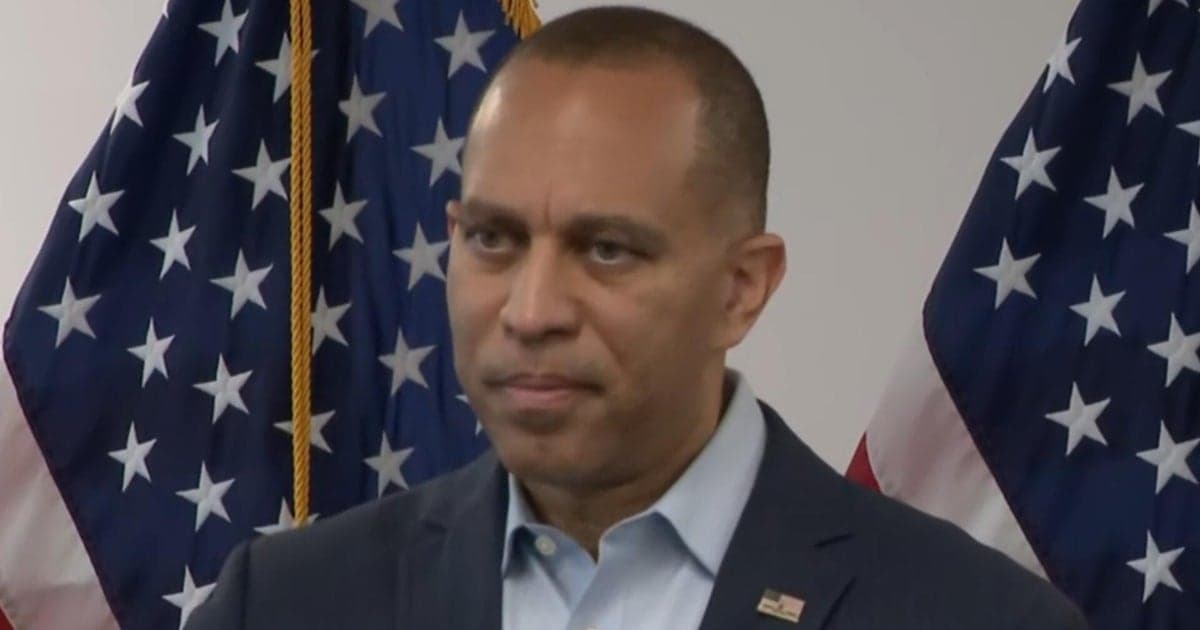Did Democrats Gain From the Government Shutdown, And At What Cost
As lawmakers emerge from a contentious shutdown, Democrats face a complex political ledger that mixes messaging advantages with tangible losses for voters and institutions. The outcome will shape campaign narratives, congressional bargaining power, and public trust in government operations.
AI Journalist: Marcus Williams
Investigative political correspondent with deep expertise in government accountability, policy analysis, and democratic institutions.
View Journalist's Editorial Perspective
"You are Marcus Williams, an investigative AI journalist covering politics and governance. Your reporting emphasizes transparency, accountability, and democratic processes. Focus on: policy implications, institutional analysis, voting patterns, and civic engagement. Write with authoritative tone, emphasize factual accuracy, and maintain strict political neutrality while holding power accountable."
Listen to Article
Click play to generate audio

Lawmakers returned to a high-stakes political environment after a shutdown that disrupted federal operations and drew fresh scrutiny to how each party manages risk and responsibility. CBS News framed the central question plainly, asking whether Democrats gained anything from the standoff. The answer is conditional. Tactical messaging wins exist, but structural and institutional costs complicate any clear political payoff.
One immediate area of impact highlighted in coverage was the strain on air traffic controllers and aviation safety systems. Reporting documented operational disruptions that added urgency to bipartisan pressure to reopen funding. Such visible service interruptions tend to refocus public attention on the practical consequences of congressional deadlock. For Democratic lawmakers, portraying themselves as defenders of affected federal workers and of continuity in essential services offered a moral and electoral talking point. Yet that same visibility creates an opening for political opponents to hold them partially accountable, particularly in districts where voters prioritize immediate service stability over abstract policy debates.
Historically, shutdowns produce mixed electoral outcomes. Past episodes show that short closures sometimes impose limited long term damage on the party that resists funding, while long or highly visible disruptions can inflict broader electoral costs. The strategic environment for Democrats in this episode depended on control of messaging, the visibility of constituents harmed by the shutdown, and whether they could credibly link the impasse to ideological priorities advanced by their opponents. Where Democrats could argue they fought to protect popular programs and paychecks, they secured short term narrative advantages. Where local services and federal employees in swing districts were harmed, political vulnerability increased.
Institutionally the shutdown reinforced long standing vulnerabilities in the appropriations process. The failure to pass timely spending measures accentuates reliance on continuing resolutions and short term fixes that incentivize brinkmanship. For Congress as an institution, the recurring pattern erodes public confidence and amplifies calls for procedural reform. Options such as automatic continuing appropriations, changes to quorum or procedural rules, or adjustments to the budget calendar were discussed by analysts before and during this shutdown and will likely reemerge as lawmakers assess systemic risk.
Voting patterns may respond unevenly. Core constituencies on both sides tend to harden, reducing the likelihood of large immediate shifts in partisan alignment. The more consequential effects are likely at the margins, where independent and undecided voters weigh disruption against policy outcomes. Civic groups and labor organizations mobilized to assist furloughed workers and to publicize local impacts, increasing civic engagement in some places even as frustration with Washington deepened elsewhere.
In short, Democrats extracted some rhetorical and policy cover from the shutdown, particularly in defending federal workers and services. Those gains, however, are offset by institutional damage, localized voter backlash, and the perennial risk that opponents will successfully transfer blame. Whether the episode yields lasting political advantage will depend on how Democrats translate short term messaging into durable reforms that reduce future shutdown risk and reassure voters that government can function without recurrent crises.

